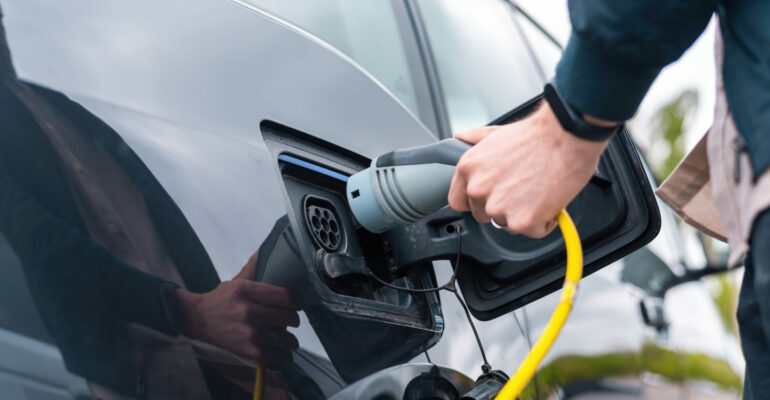Govt set to formulate SOPs for EV batteries
February 16, 2023 2023-02-17 4:59Govt set to formulate SOPs for EV batteries

Govt set to formulate SOPs for EV batteries
INTRO: India is heading towards full electric mobility at an encouraging pace but the incidents of fire in some EVs are set to put brakes on it. Realising the gravity of the situation, the Government has set up a committee to formulate SOPs for battery certification and quality control. This is a healthy development and bound to improve the manufacturing quality of EVs sold in the country.
Preliminary findings of the EV fire investigation committee identified issues with battery cells and designs in nearly all the electric two-wheeler fire incidents across the country
The rising number of EV fires in India has caused alarm bells in the corridors of power. As a result, the Government has formed a committee to develop standard operating procedures (SOPs) for battery certification and quality control. This would assist EV manufacturers in developing efficient and safe products for consumers.
Experts from the Indian Institute of Science-Bangalore, the Naval Science and Technological Laboratory in Andhra Pradesh, and the Indian Institute of Technology Madras are among those on the committee. The panel has been tasked with developing SOP for battery certification as well as testing and validation of key battery components.
The Central Government had previously issued show-cause notices to EV manufacturers such as Ola Electric, Okinawa Autotech, and Pure EV, among others, warning them of the consequences of delivering faulty electric two-wheelers to the public. The new standards will place an emphasis on the traceability of foreign cell and battery suppliers.
Preliminary findings of the EV fire investigation committee identified issues with battery cells and designs in nearly all the electric two-wheeler fire incidents across the country. As a result, the Central Consumer Protection Authority (CCPA) sent notices to Pure EV and Boom Motors after their e-scooters exploded few months back.
According to the Defence Research and Development Organisation (DRDO), these EV companies used lower-grade material to cut costs and maximise profit. That is why it became essential for the Government to put checks and balances throughout the various processes of EV manufacturing and testing.
A Tata Nexon EV caught fire in Maharashtra last month, making it the first major case of a passenger vehicle catching fire in the country. Nexon happens to be the best-selling EV in the country, followed by MG ZS EV. Such incidents in one of the top car brands are sure to erode people’s trust in EVs.
Despite the fact that India is fast embracing electric vehicles, the number of EV fires in the country is a matter of grave concern. It is incumbent upon the Government to implement specific standards in the manufacturing process to prevent occurrence of such incident in the future. Otherwise, incidents like these will stall the country’s progress towards complete EV adoption.


